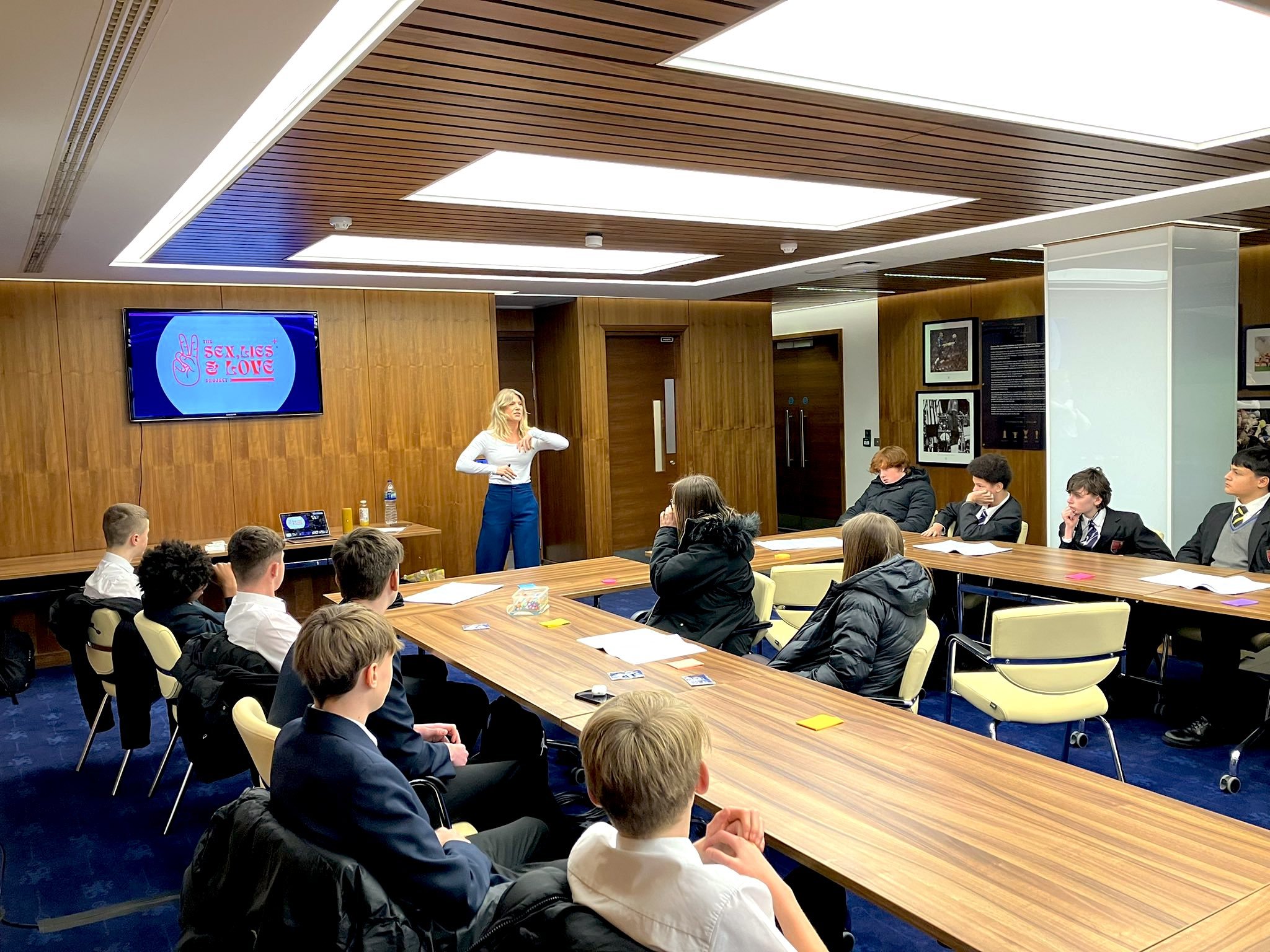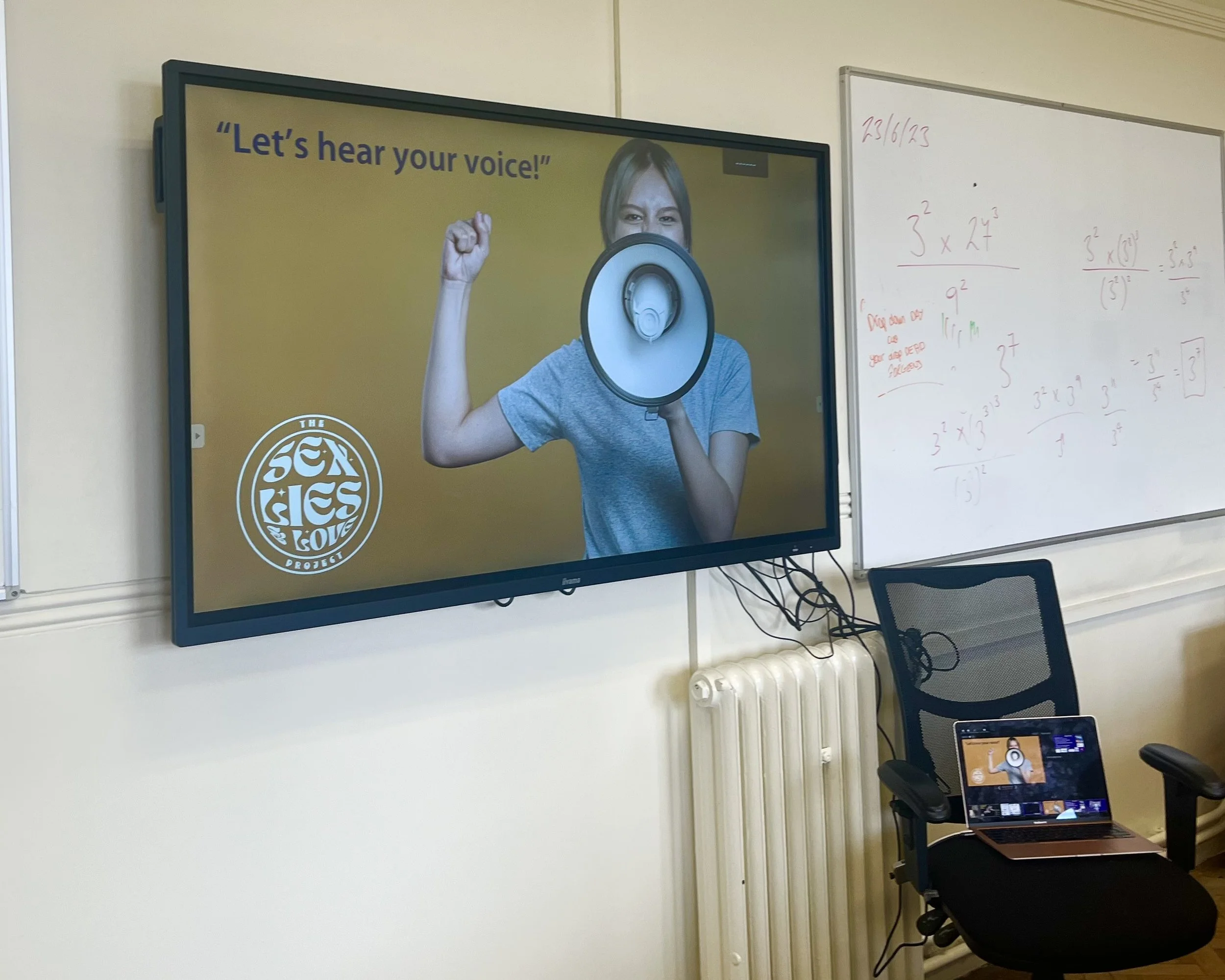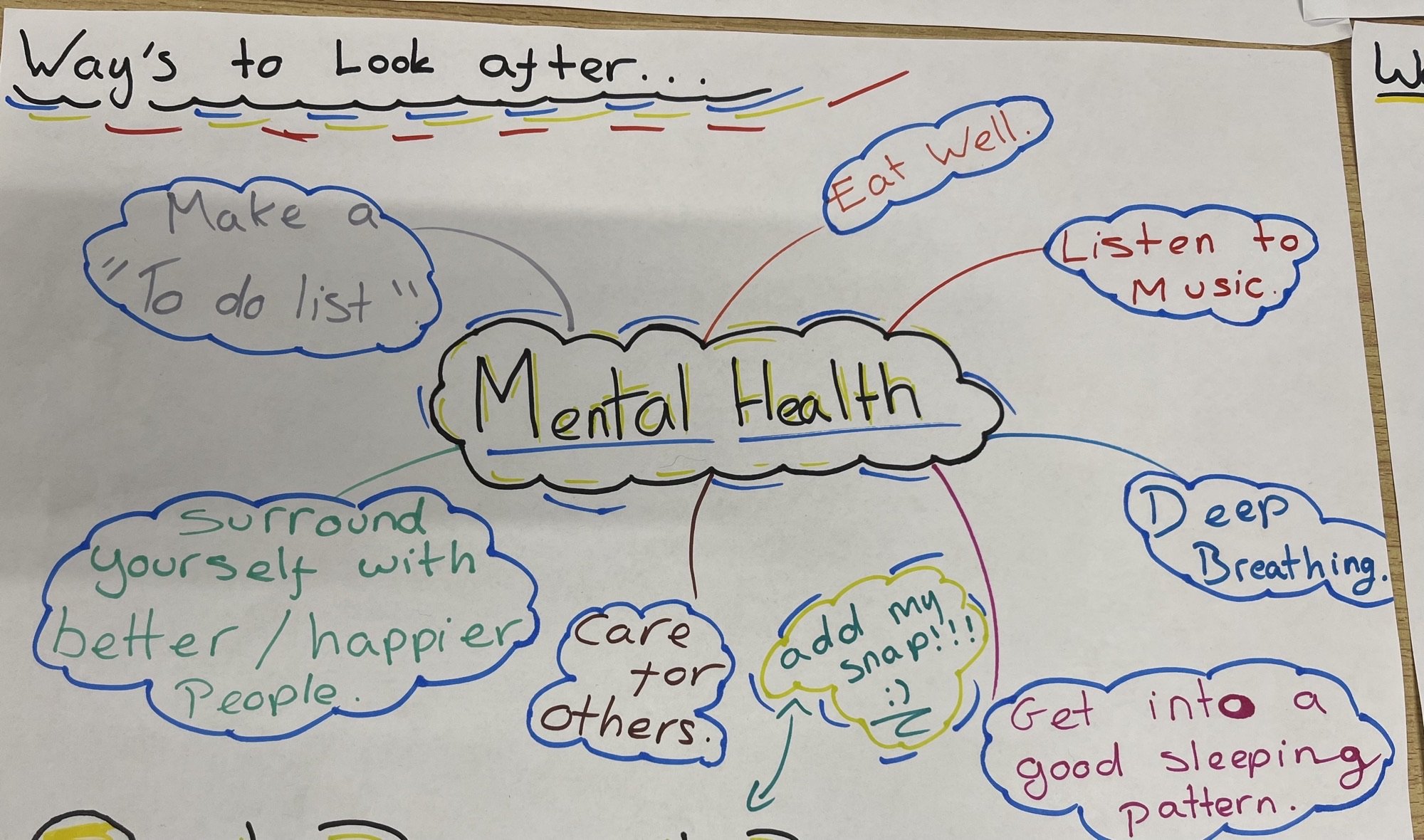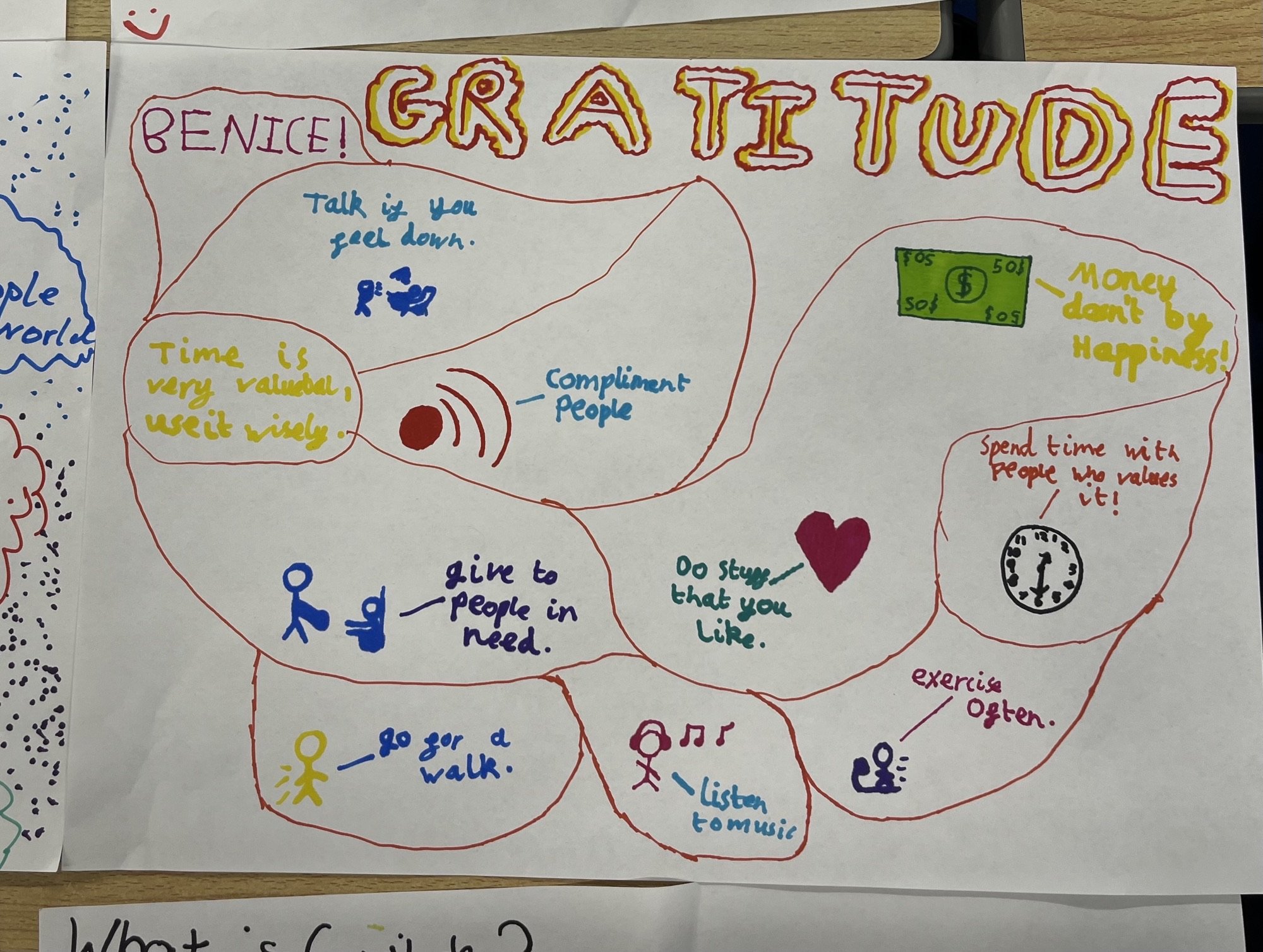
PLAN YOUR PROJECT
To begin to plan your sessions effectively, we recommend starting with a consultation
image: freepik
We understand that time might be tight, so you can choose to communicate via a phone call, video call, or in-person meeting – whatever suits you best.
During this consultation, we encourage you to share any themes or concerns within your school, organisation, or community. We will then discuss your desired subjects from our subject list (but please don’t hesitate with additional requests; these may be something we can support with).
“Libby delivered a great session to our Year 9 students on child criminal exploitation. She engaged students right from the start and created an environment where students felt comfortable to discuss their ideas. The session was packed full of really useful information from how being in a gang is glamorised in the media to how to get help if you find yourself in the position of being exploited. These sessions really do have the power to change lives - and to save them.”
-
Explore online risks: group chats, digital behaviour, language, and grooming (online & offline). Learn to recognise signs of exploitation, sextortion, and harmful behaviour. Includes key legislation and protective strategies.
-
Understand the legal and emotional consequences of sharing naked, semi-naked, explicit, abusive, or sexual images. Covers image-based abuse, child sexual abuse imagery, sextortion, child-on-child sharing, and how to get support. Helps students take control of their digital lives.
-
Explores how exposure to pornography shapes ideas about sex, bodies, relationships, and consent. It delves into the impact on brain development and the pressure young people face to meet unrealistic expectations. It also examines the differences between online depictions and real-life experiences, helping to clarify healthy boundaries and promote a realistic, healthy, understanding of intimacy. By separating fantasy from reality, this session encourages informed, respectful attitudes towards sex, relationships, and boundaries.
-
Explores how algorithms shape beliefs, reinforce biases, and amplify harmful content. Unpacks links to extremism, radicalisation, and digital manipulation. Encourages digital literacy and critical thinking.
-
Examines the spread of harmful content through algorithms, group chats, and online communities. Discusses desensitisation to violence and abuse, risk awareness, and how to report or seek support safely.
-
Understanding the grooming process, coercion, and power imbalance. Includes online and offline exploitation, child-on-child cases, image sharing, spotting the signs, and relevant legislation and support pathways.
-
How young people are groomed into gangs and criminal networks. Covers County Lines, social media glamorisation, grooming processes, and how to spot the signs and seek support.
-
Why are young people carrying weapons? Tackles glamorised violence, desensitisation, exploitation, and knife crime realities. Includes relevant legislation, prevention strategies and how to seek support.
-
Recognising sexual violence; including harassment, abuse, coercion, and image-based abuse. Explores peer pressure, ‘harmful norms’, and online influence. Includes a focus on Violence Against Women and Girls (VAWG) and how to seek support for all gender based violence.
-
This interactive session helps to recognise when ‘banter’ hides bullying, harassment, hate crime, and abuse — online and offline. Covers risks in group chats, digital footprints, and the importance of identity, consent, boundaries, and peer pressure. Learn how to challenge harmful behaviour, understand legal consequences, and build a positive, respectful culture.
-
Covers the laws around sexual consent and image sharing. Builds confidence in setting boundaries, challenging victim blaming, and knowing how to support others affected by abuse or violence.
-
Media, pornography, and social platforms can distort self-image and identity. This workshop builds empathy, emotional resilience, and critical awareness of online vs. offline reality.
subject list

Schools and organisations have unique requirements; some providers, for example, aim to address concerns related to criminal and sexual exploitation within a group of identified students, while some seek to meet Ofsted requirements for Relationships and Sex Education (RSE) and Personal, Social, Health and Economic Education (PSHE) by incorporating subjects delivered by The SL&L Project into whole school assemblies or enrichment days. Read more on delivery styles below. For information on our Professional Development and Training, please read more here.
DELIVERY STYLES
-

one-hour lessons/RSE lessons
Option available for a Full Day of One Hour RSE Lessons.
Subjects covered (lessons will be tailored to suit your young people’s needs):
Child Sexual Exploitation (CSE); Child Criminal Exploitation (CCE); Consent; Exposure to Pornography; Online Gaming; Relationships; Cultural Diversity & Self-Identity; Our Bodies; Knife Crime & Weapons; Prevent: Radicalisation
Length of lessons can be amended to adhere to timetables.
-

Half or Full Day Workshops
Full-day and half-day workshops are highly effective in building rapport and creating a supportive environment for children to confidently express themselves. The longer duration of these workshops encourages deeper engagement, allowing children to actively participate and contribute over an extended period.
This extended timeframe is invaluable for building trust and rapport, as it gives children ample opportunities to gradually open-up and share their thoughts and perspectives.
We can advise you on a selection of subjects that we feel complement each other well, in line with your initial consultation and requests.
We recommend that these particular workshops are a small group size of approximately 20 children maximum. However, this may vary. You know your students best, therefore we can be led by you, and discuss the best workshop size and dynamics, as part of your consultation.
-

Ongoing workshops / focus groups
At the heart of our project lies a vital initiative: providing ongoing workshops to empower and protect children and young people. Continuous workshops enable us to observe ongoing changes in students, allowing us to track their progress and outcomes.
An example of this approach, at Kings Norton Boy’s School Birmingham, we provide a focus group workshop with selected students for seven weeks at a time (this is the school’s chosen approach). This focuses on working with students who present early signs of exploitation, or other challenges such as emotional well-being and self-esteem. Together we will explore all areas presented within our subject list.
As well as working as a focus group, we check-in with each student individually as part of the full day.
By creating a dedicated space, we can offer personalised support that goes beyond the regular academic curriculum. These workshops focus on boosting self-esteem, equipping students with the skills to safely navigate the online world and addressing various exploitation risks, promptly.
Through these workshops, young individuals develop resilience, make informed choices, and ultimately lead healthier, more confident lives.
Please contact us if you would like to discuss focus group working in more detail.
-

Assemblies
Whilst we suggest that smaller classroom groups enable better outcomes for individuals, our project also offers assembly-style delivery, as we understand that this can be practical and efficient for schools and reach more students in a shorter time. We advise assemblies to run for one hour (Maximum), however year group size may reflect length of content. This can be discussed as part of our consultation phase.
-

Individuals Mentoring
Libby’s extensive experience working individually with children and families who've faced exploitation, combined with level 1 & 2 counselling qualifications, has led to this new development within the SL&LP.
Requests are frequently made for one-to-one sessions or "check-ins", alongside group sessions. Even though students participate well in groups, they sometimes want to talk privately about their thoughts, feelings, or experiences.
For example, in a recent situation with a secondary school, Libby had one-on-one sessions with some students in the morning, and in the afternoon, held focus groups.
At all times, your school or organisation's safeguarding policy will be followed should any disclosures be made.
FIND OUT MORE
Each project begins with a consultation with your project lead; however you would like to approach the crucial issues your young people face every day, we will tailor each workshop or lesson delivery to cater to their learning styles and preferences.
Use the form provided or email libby@thesllproject.co.uk
We respect your privacy, please refer to our privacy policy for more information












![B.3 .jpeg 9[94]. copy.jpg](https://images.squarespace-cdn.com/content/v1/6480ac4ab2d3080577ba891f/1686154348065-W6R106UCFXX288P3XCJP/B.3+.jpeg+9%5B94%5D.+copy.jpg)
![Linkedin4[19] copy.jpg](https://images.squarespace-cdn.com/content/v1/6480ac4ab2d3080577ba891f/1686154348075-V5KSON1CUZLDU0V8AY5R/Linkedin4%5B19%5D+copy.jpg)

![Ox1yesimage[9].jpg](https://images.squarespace-cdn.com/content/v1/6480ac4ab2d3080577ba891f/1686154348045-3UEPO7VEPZWIHFMW8T9F/Ox1yesimage%5B9%5D.jpg)












